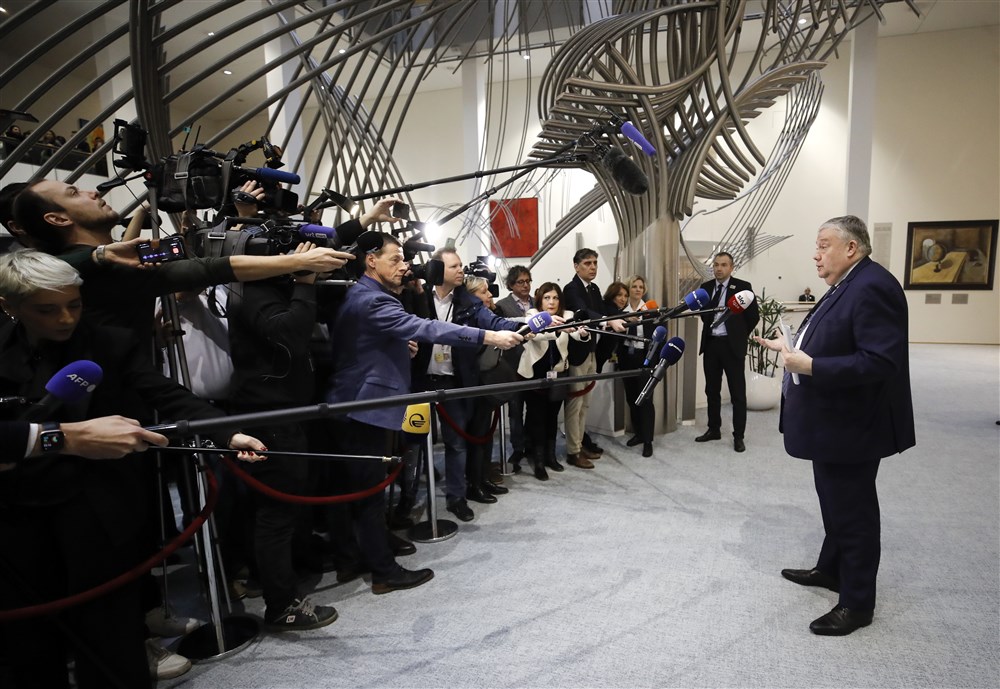European Union officials, and those of the European Commission in particular, reputedly have cushy jobs. Their positions are supposedly secure, well-paid, and not particularly demanding. Is it true?
Let’s look at the first claim: job security.
Many officials have no job security beyond their short-term contracts, which vary between one and four years. There is a limit to the time an official can hold this temporary status. Officials seconded to the Commission by national governments are often expected to return. Many do not want to and therefore scour job ads across the EU institutions while taking battery after battery of aptitude tests in the hope that one day they will obtain the holy grail: permanent official status.
Permanent EU officials are basically un-sackable. Provided they commit no crime, the worst that can happen to a permanent official is demotion to a meaningless, trivial job. This seems to be happening to the top official in the Commission’s transport ministry, Henrik Hololei, who, it was confirmed on March 29, is moving “at his request” to the position of “hors-classe adviser” in the Brussels ministry for international partnerships, a post with almost zero power.
Mr Hololei accepted free flights from Qatar while his department was negotiating an air agreement with the country. He didn’t break the rules, but the freebies put the Commission in a bad light in the context of the Qatar bribery allegations facing members of the European Parliament. He assessed his own travel plans for potential conflict of interest and found none, as he was entitled to do under Commission rules that have since been re-written.
Are EU jobs well paid? Officials have a reputation in Belgium for paying no tax, which is untrue, though the reputation is partly justified. EU officials pay tax directly to the EU, and therefore not the Belgian exchequer, at a significantly lower rate than the Belgian rate. This leaves them with much more spare cash than an average Belgian salaried worker, even a well-paid worker, and creates a fair deal of resentment among ordinary Belgians.
While staff unions point out that the EU deal is comparable to other international institutions, or senior expat packages, resentment can boil over. EU officials were allowed to jump the queue when registering their cars. They used to receive car number plates with an EUR prefix, though this designation was dropped after such cars were targeted by vandals. Several cars were firebombed.
Officials’ salaries are paid according to a complex formula that takes into account allowances such as expatriation and childcare. By way of example, a Commission director – a senior position, though less senior than Mr Hololei – could expect to take home, after deductions, between €10,000 and €15,000 every month. There are around 100 officials of this grade in the Commission.
Are EU jobs demanding? This can vary. Mr Hololei’s new job is likely to be the opposite of demanding; officials tasked with helping to fire-fight the banking crisis might well have to burn the candle at both ends.
The number of young candidates seeking to work for the Commission ebbs and flows though took a dip a few years ago. The executive, it was reported at the time, was struggling to attract top talent. The reason for this dip was unclear though the Commission’s notorious entrance exams, which used to test candidates on reams of pointless trivia, have been altered more than once in response.





Brussels: nest of spies